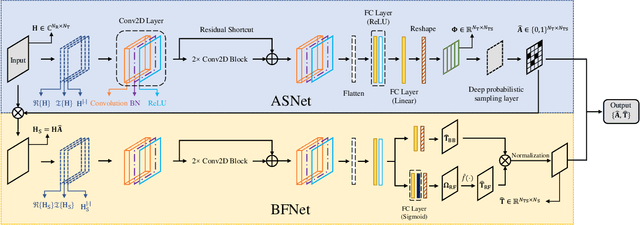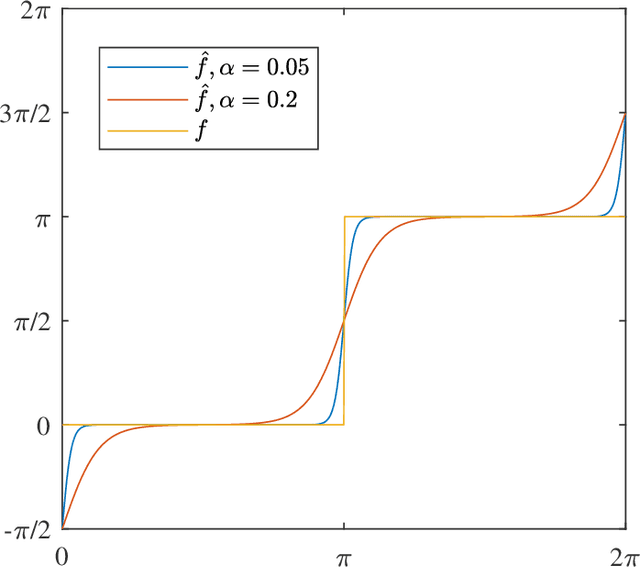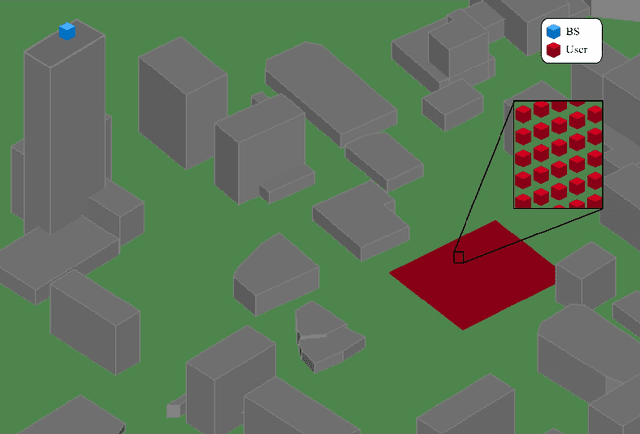Deep Unsupervised Learning for Joint Antenna Selection and Hybrid Beamforming
Paper and Code
Jun 06, 2021



In this paper, we consider a massive multiple-input-multiple-output (MIMO) downlink system that improves the hardware efficiency by dynamically selecting the antenna subarray and utilizing 1-bit phase shifters for hybrid beamforming. To maximize the spectral efficiency, we propose a novel deep unsupervised learning-based approach that avoids the computationally prohibitive process of acquiring training labels. The proposed design has its input as the channel matrix and consists of two convolutional neural networks (CNNs). To enable unsupervised training, the problem constraints are embedded in the neural networks: the first CNN adopts deep probabilistic sampling, while the second CNN features a quantization layer designed for 1-bit phase shifters. The two networks can be trained jointly without labels by sharing an unsupervised loss function. We next propose a phased training approach to promote the convergence of the proposed networks. Simulation results demonstrate the advantage of the proposed approach over conventional optimization-based algorithms in terms of both achieved rate and computational complexity.
 Add to Chrome
Add to Chrome Add to Firefox
Add to Firefox Add to Edge
Add to Edge